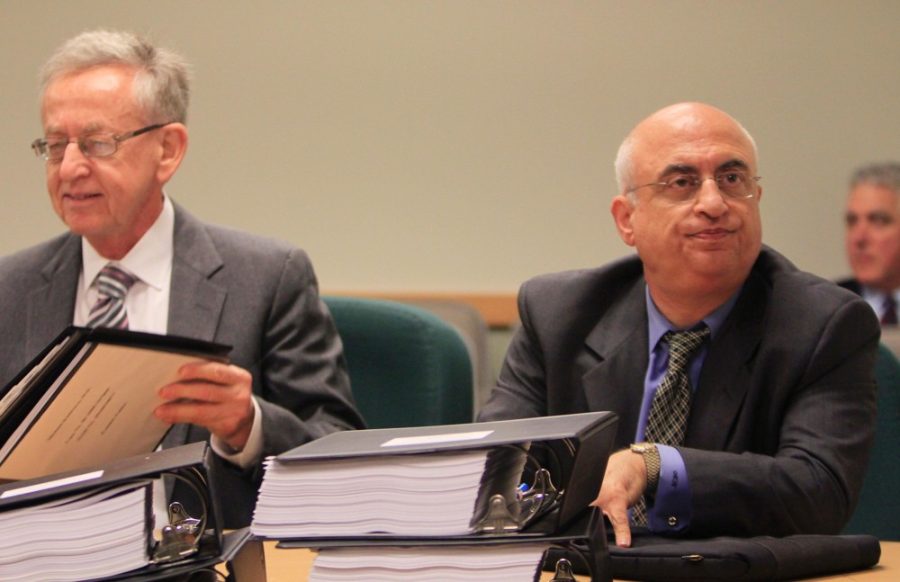LOS ANGELES — A judge has recommended that the Beverly Hills fertility doctor who assisted Nadya Suleman in conceiving octuplets be placed on five years’ probation by the state medical board rather than have his license revoked, according to documents released Monday.
But Dr. Michael Kamrava could still lose his license if the medical board determines that he was grossly negligent in his treatment of Suleman and two other female patients: a 48-year-old who suffered complications after she became pregnant with quadruplets and a 42-year-old diagnosed with advanced ovarian cancer after receiving fertility treatments.
Kamrava treated Suleman for more than a decade, helping her to conceive all 14 of her children.
Suleman’s medical records show that Kamrava used 16 of Suleman’s eggs to create 14 embryos and implanted a dozen of them on July 19, 2008. The babies were born nine weeks premature and remain the world’s longest-living group of octuplets.
Administrative Law Judge Daniel Juarez found Kamrava committed gross and repeated negligence by twice implanting Suleman with multiple embryos in 2008.
However, the judge found Kamrava was not incompetent or negligent in his treatment of Suleman from 2002 to 2007, as a prosecutor had argued.
The judge found that the evidence presented during Kamrava’s administrative hearing failed to establish that his “”IVF care and treatment showed an absence of qualification, ability or fitness.”” The judge also found it unlikely that Kamrava would repeat his mistake of implanting a patient with an excessive number of embryos, given the national publicity surrounding Suleman’s case.
Juarez also found Kamrava negligent, but not incompetent, in his care of the two other patients involved in the case.
The judge recommended that Kamrava, who is currently licensed, be allowed to continue practicing medicine under the supervision of a monitor or while participating in a training course. He also recommended that the doctor complete an ethics course.
The 46-page proposed decision was issued Dec. 20, but by law, it did not become public until a month after it was received by the medical board.
The board is expected to consider the proposed decision when it meets Thursday in Burlingame, Calif., according to spokeswoman Jennifer Simoes. The board has 100 days from receipt of the proposed decision to decide whether to adopt it. If the members choose not to adopt the decision, the case would be scheduled for oral arguments before the board at its next quarterly meeting, on May 5, Simoes said.









